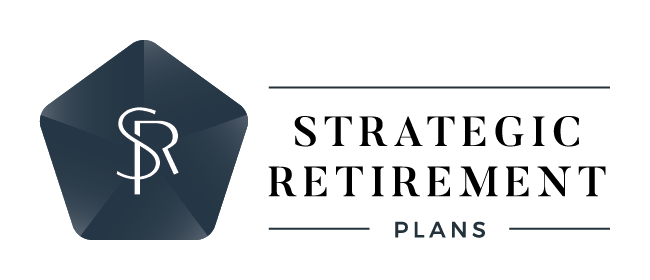Two months into Joe Biden’s presidency, Gabe and Ryan give us the latest on the rising interest rates for 2021 and how it affects your retirement portfolio.
How do the rising interest rates affect your portfolio?
It’s been two months since Joe Biden has become our President. One of the things we’re seeing in this new presidency is a dramatic rise in interest rates, especially the ten-year yield. Due to this, we often get the question “what does this mean for me and my portfolio?”
How the 10-year yield affects your portfolio
That’s a great question, as previously mentioned, its the ten-year U.S. treasury that we’re seeing go up. This is a free market interest rate, meaning its not controlled by anybody, the market is what controls it. We hear a lot of the “fed funds rate” and “the fed is raising or lowering rates”, that’s the short end of the curve. The ten-year U.S. treasury is more of a midterm rate that is controlled by the market. As we’ve watched that go up about 0.75% (75 basis points) in the last few weeks, it has hurt two things in particular.
2 things the rising interest rates are hurting
- Gross Stocks: think of NASDAQ or companies that are trying to take money and then put it back into RND and grow their bottom line. It’s hurt them because it is, in theory, hurting their future evaluations. As well as, it’s now harder to finance future debt because they have to borrow now at a higher debt.
- Bond Market: The second major impact higher interest rates are causing is with the bond market. The bond market, worldwide, is 3-4 times the size of the U.S. stock market. As interest rates go up, that can hurt the bond market in the short run. Say you’re a borrower of your money and have put that money into bonds three months ago, making only 0.05-1% on it. Now interest rates have gone up and that same dollar value from three months ago is now getting 1.50-2% return. Which we’d much rather have my money earning 2% than 1%. All that money in the bottom market, as rates go up, hurts them in the short term. In the short term it can be a pain for bond investment, however we still think it brings risk down for a lot of our clients.

